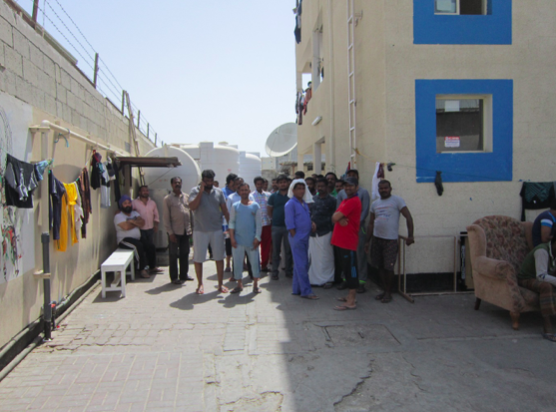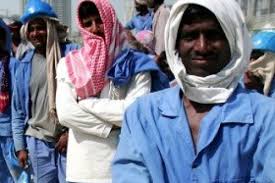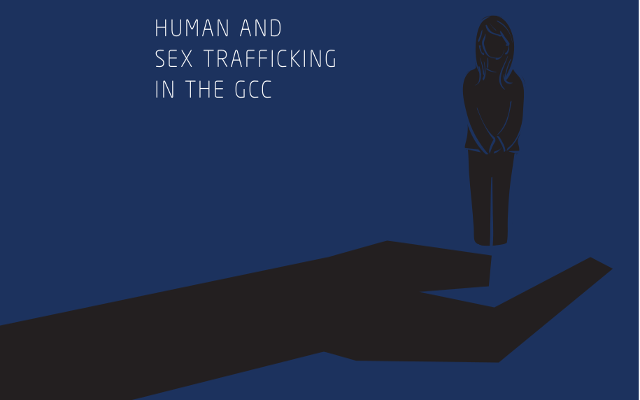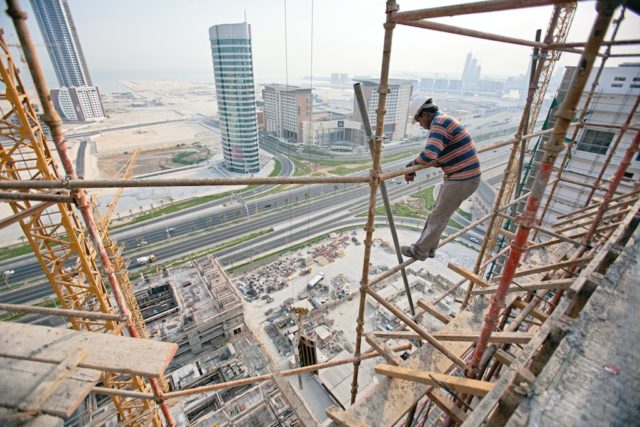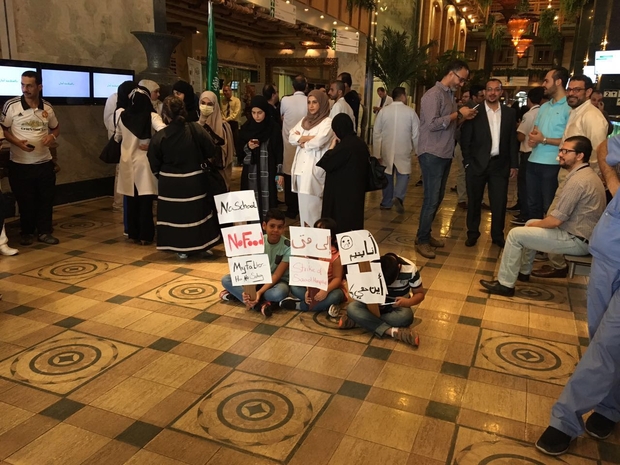Over the past decade, there has been a rise in suicides in Bahrain, primarily among migrant workers. The rise in suicides is a testament to the abysmal conditions that these workers endure. Physical abuse, forced labor, debt bondage, poor living conditions, and isolation are among some of the reasons many expat workers feel the need[…]
On 7 June 2017, migrant laborers staged a rally with almost one hundred demonstrators, consisting of mostly Indian and Bangladeshi workers. The gathering is a notable occurrence in a country that enforces extreme restrictions on the right to free assembly. It was held in Sanad and called for the workers to be paid by their[…]
Americans for Democracy & Human Rights in Bahrain (ADHRB) is pleased to announce its new report, Living as Commodities: Human and sex trafficking in the GCC . Please see the introduction below, and click here for the full report. All of the six members of the Gulf Cooperation Council (GCC) are highly dependent upon foreign labor, and thus[…]
Last week, the Bahrain government announced a new flexible work permit that would allow migrant workers to act as their own sponsor. The new permit is unprecedented as it’s the first mechanism of its kind in the Gulf designed to dismantle the kafala system of sponsorship-based employment, which tethers migrant workers to their employers and[…]
In September, hundreds of Saudi and foreign workers employed at a private hospital in Saudi Arabia’s Eastern Province went on strike in protest over months of unpaid wages. The strike, coordinated and orchestrated by both Saudi citizen-workers and migrants, marks a turning point in migrant and labor relations in the Gulf, and indicates the escalation[…]
- 1
- 2


